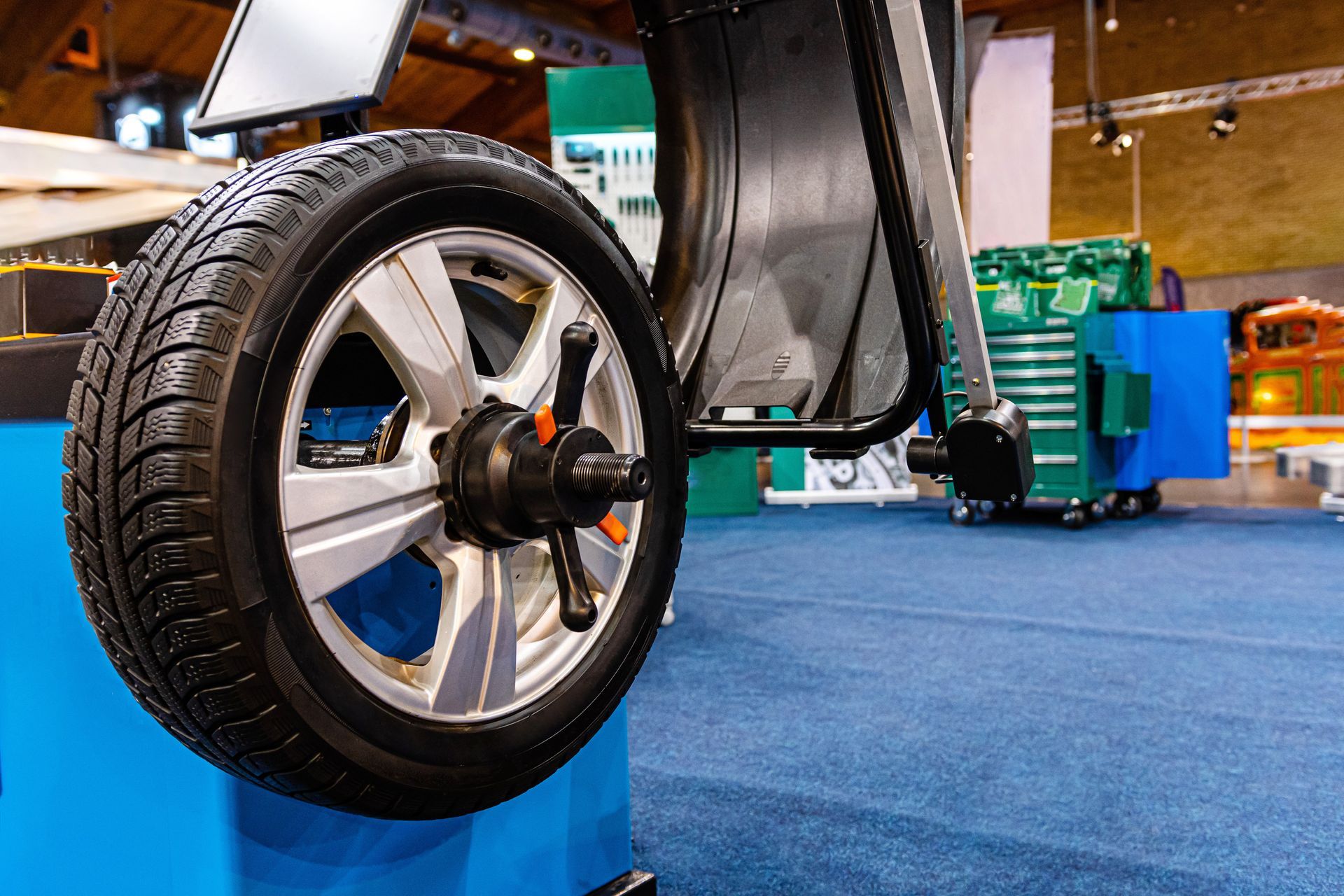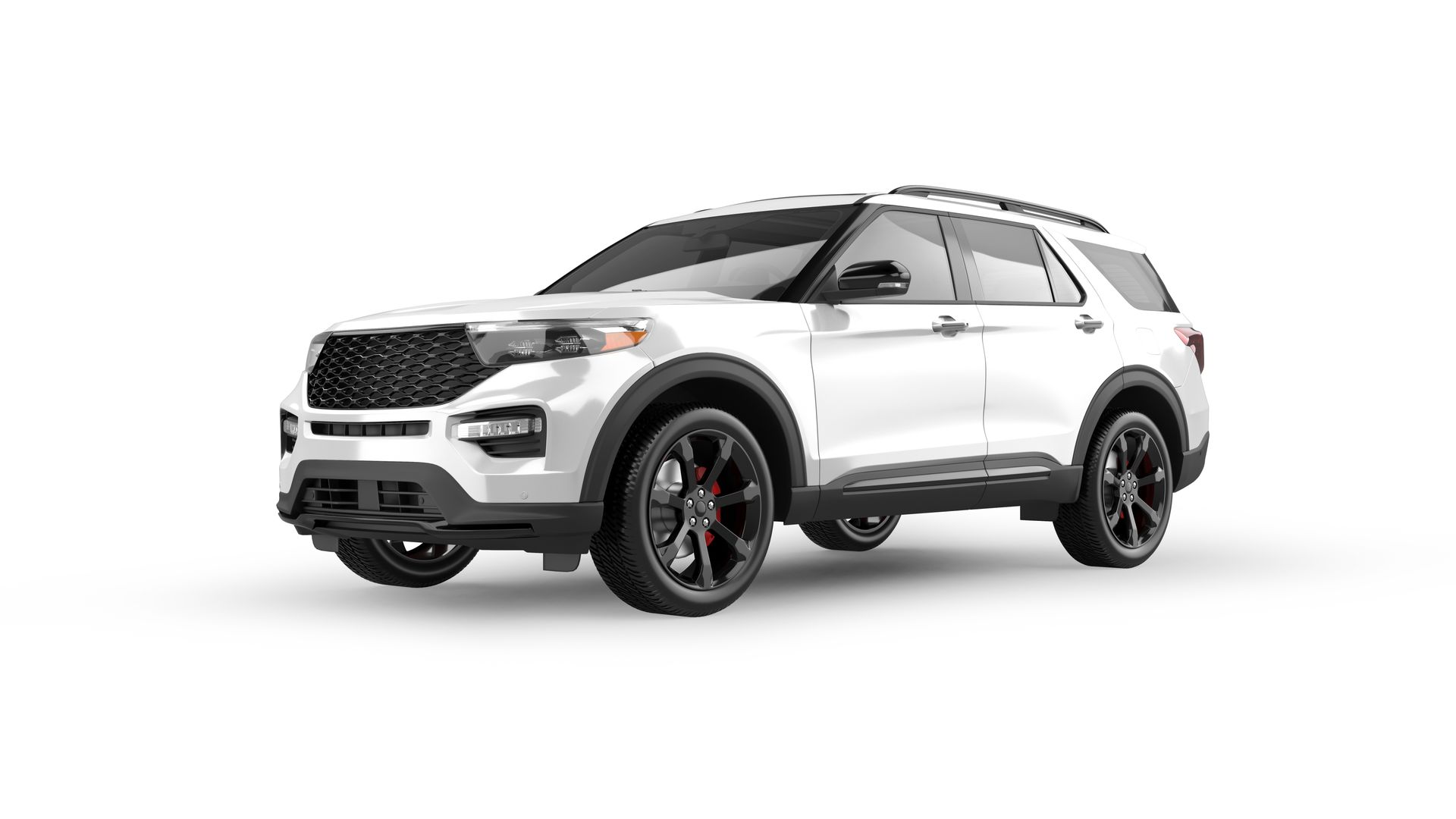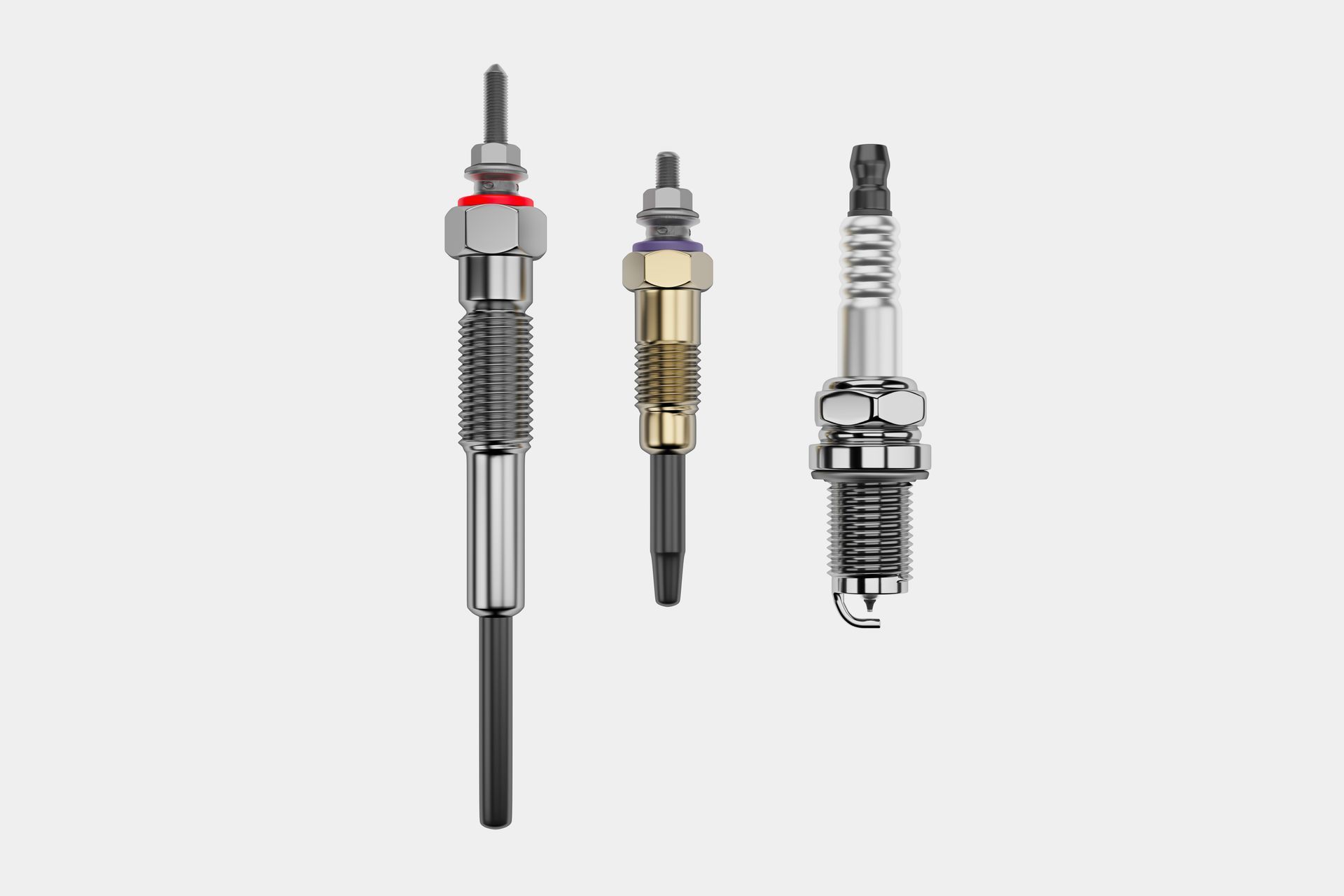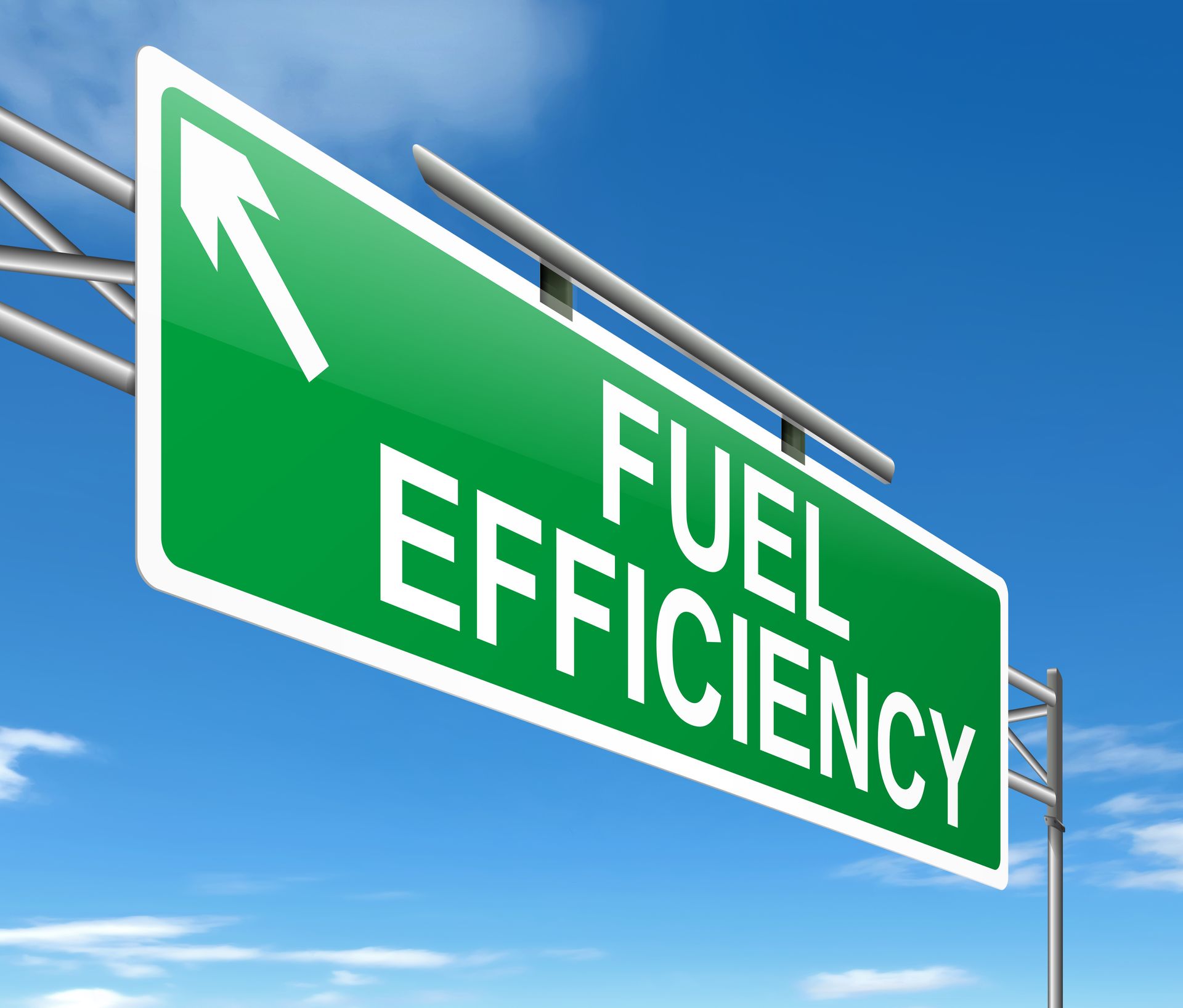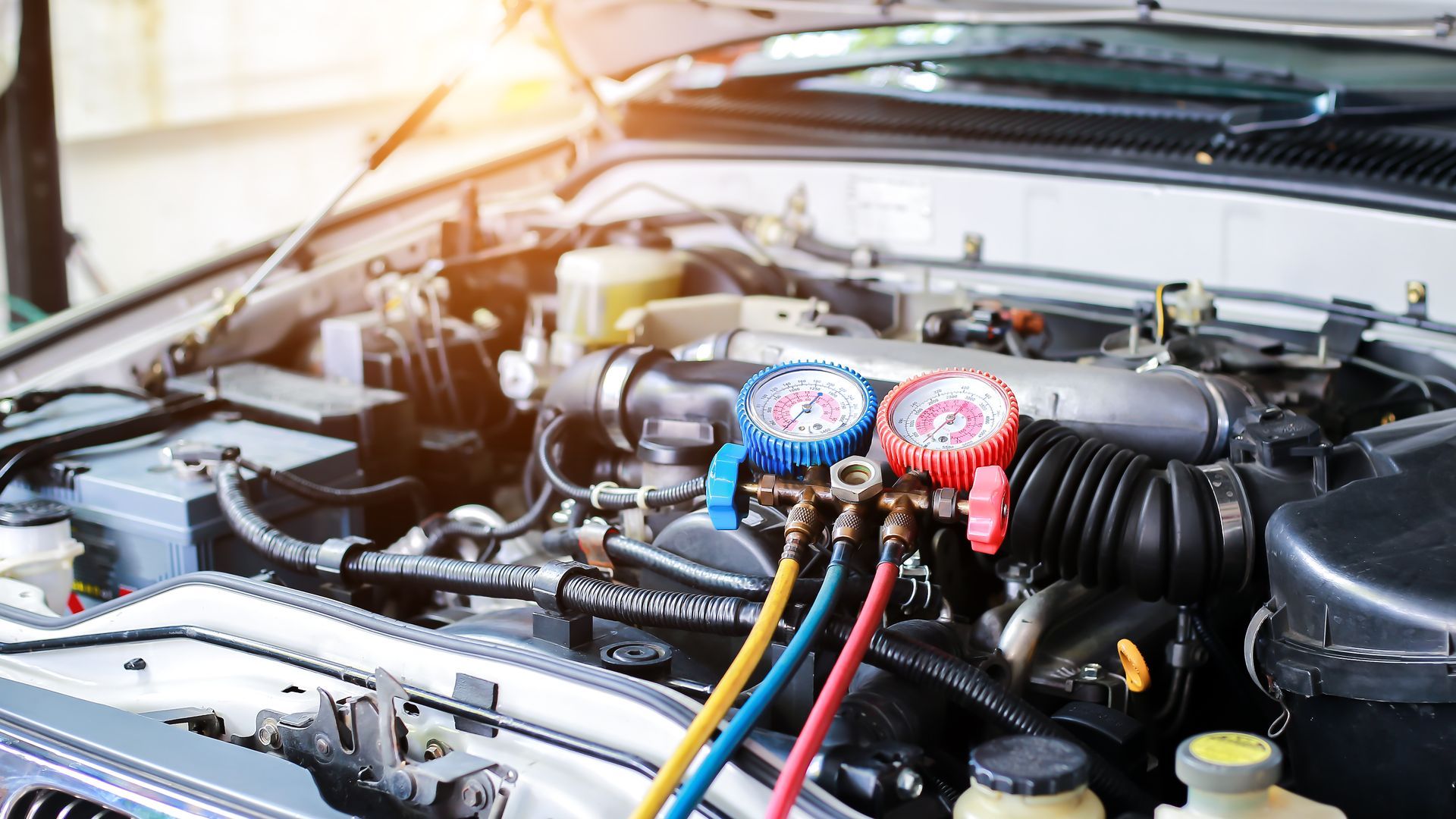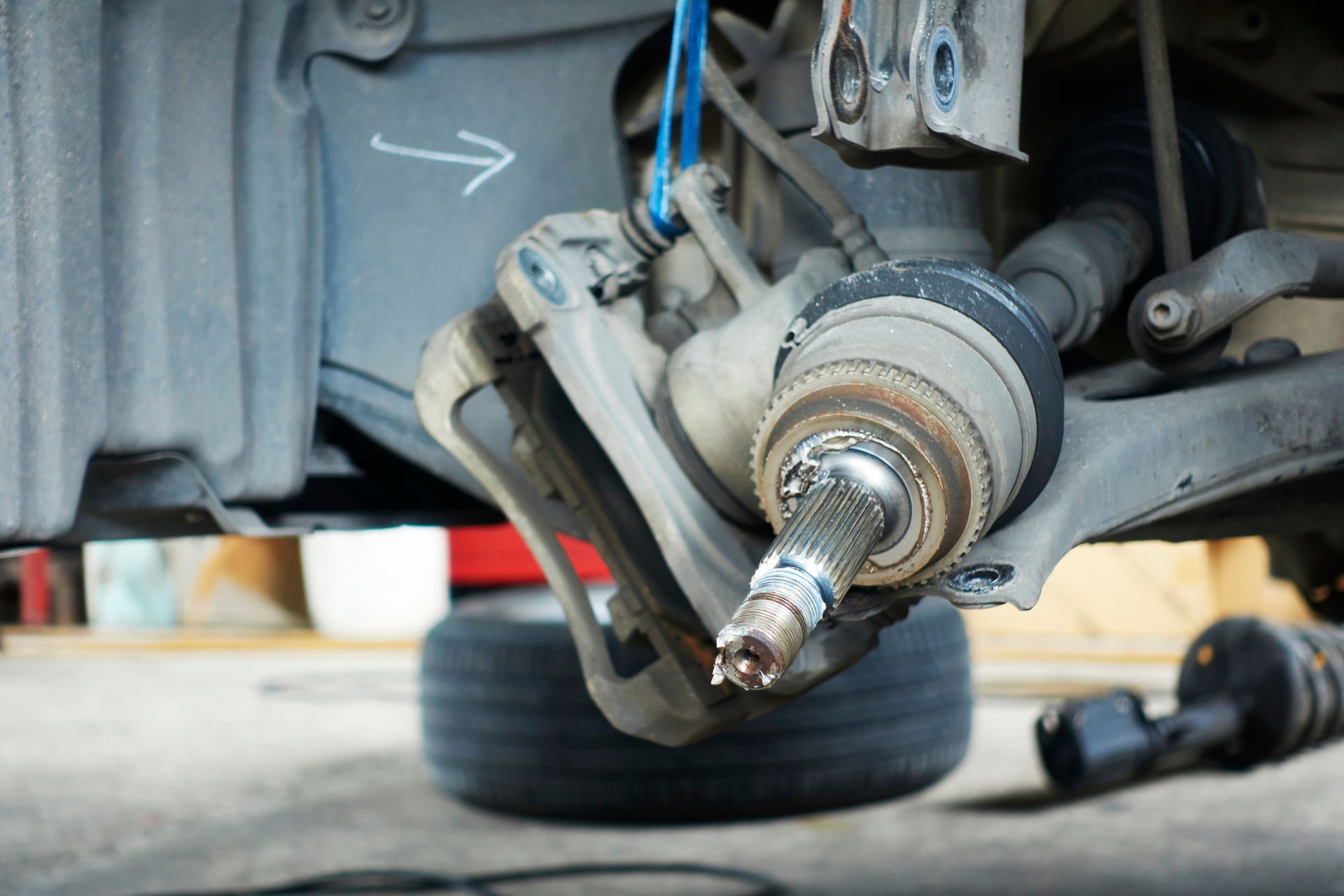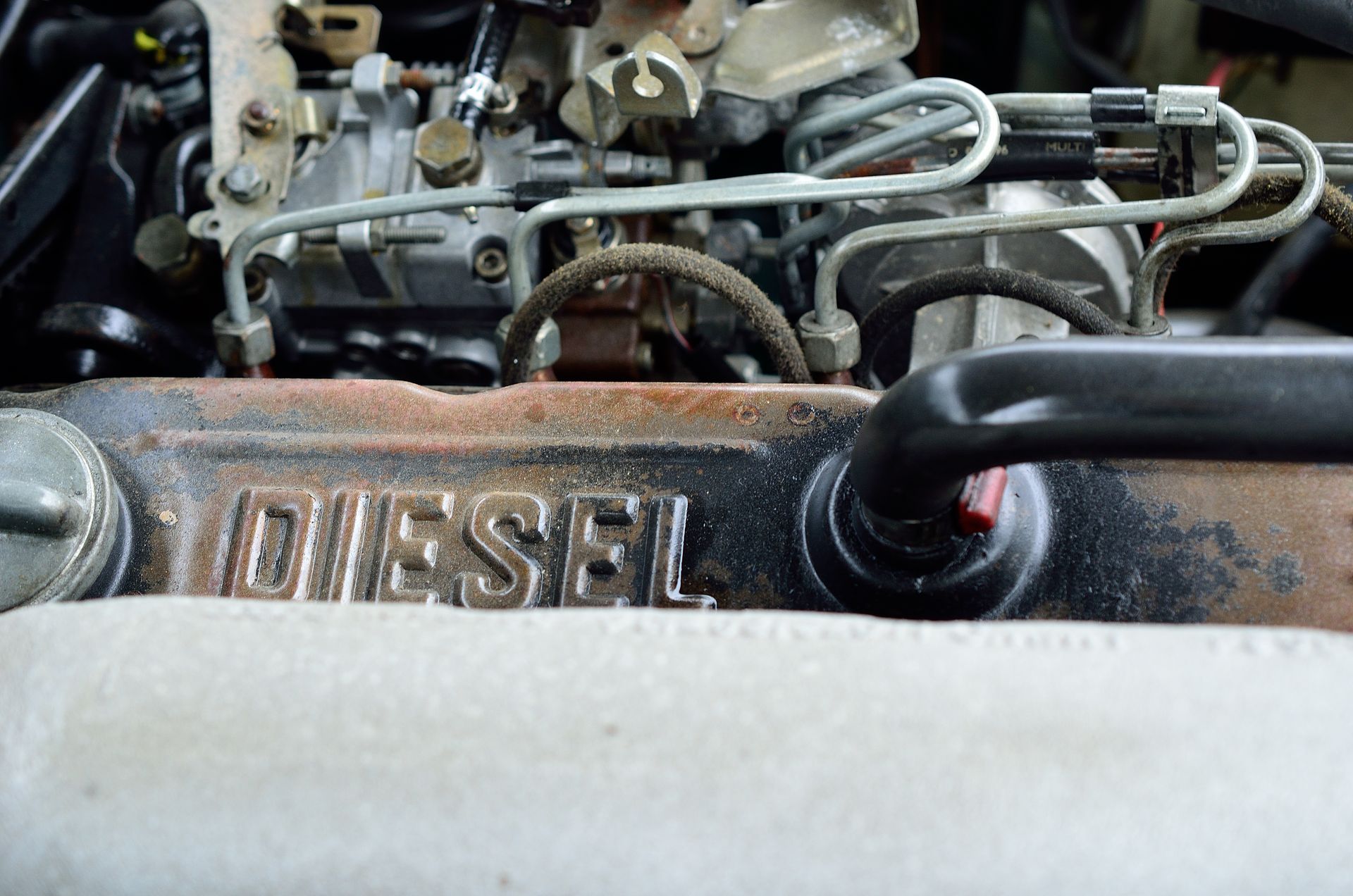A high-pitched squeal every time you press the brake pedal is your car’s way of telling you something needs attention. Brake noises can come from a variety of causes, but high-pitched sounds are usually among the most urgent to check out. They often signal early wear, but depending on the tone and timing of the noise, they can also point to deeper problems.
If your brakes sing to you every time you stop, here’s what might be happening and why it matters.
Worn Brake Pads With Built-In Wear Indicators
The most common reason for a high-pitched noise during braking is worn brake pads. Most modern pads have a small metal tab built into them called a wear indicator. As the pad material thins, the tab eventually contacts the brake rotor, creating a high-pitched squeal.
This squealing is intentional—meant to alert you that the pads need replacing soon. It’s not dangerous at first, but ignoring it for too long means that the pad will wear down completely, and the metal backing will start grinding directly against the rotor, which is both unsafe and expensive to fix.
Glazed Pads or Rotors
Brake components get extremely hot during regular use. When brakes are overheated—often from riding the brake pedal on long downhills or frequent hard stops—they can become glazed. That means the surface of the brake pad or rotor becomes smooth and shiny, reducing friction and causing a squealing or screeching sound.
Glazing can also make braking feel less responsive or cause vibrations. Sometimes, a simple resurfacing of the rotors or replacing the pads can eliminate the noise and restore proper function.
Dirt, Dust, or Debris in the Brake System
Your brakes are exposed to the elements, so it’s not unusual for dust, tiny rocks, or road debris to make their way between the rotor and pad. When this happens, you’ll often hear a high-pitched squeal or scraping sound—even if your pads are in good shape.
This kind of noise can come and go as the debris moves or wears away. However, if it sticks around for more than a day or two, it’s a good idea to have the brakes inspected to ensure the debris hasn’t scored the rotor or caused uneven wear.
Poor-Quality or Incorrect Brake Pads
Not all brake pads are created equal. Some low-cost aftermarket pads are made from harder materials that tend to be noisier, especially when they don’t match the specifications recommended by the vehicle manufacturer. These pads may technically stop your car, but they can squeal more often—even when freshly installed.
In some cases, the pads simply need time to wear in. But if the squeal continues long-term, switching to a higher-quality pad or having the rotors properly machined can make a big difference.
Lack of Brake Lubrication or Anti-Squeal Shims
Brake systems include metal-to-metal contact points where pads slide into the calipers. These points need a small amount of special high-temperature grease to prevent vibration. If that lubrication wears off or isn’t applied during installation, those parts can squeal.
Similarly, some vehicles use shims or clips behind the pads to dampen vibration. If these are missing or misaligned, they can cause high-pitched noises, even when everything else is in good shape.
Warped Rotors
When rotors wear unevenly or develop heat spots, they can warp. This causes the pad to make inconsistent contact with the rotor surface, which may result in high-pitched squealing or pulsating during braking.
Warped rotors often go hand-in-hand with a shaky steering wheel when braking at higher speeds. In this case, resurfacing or replacing the rotors is usually the only way to eliminate the issue.
Take Brake Noise Seriously
Not all brake noise means your car is unsafe, but it always deserves attention. If your car consistently makes a high-pitched noise when braking—and especially if you notice reduced stopping power, a pulsing pedal, or grinding—it’s time for an inspection.
Even if it’s something simple like dusty pads, addressing it early helps prevent larger, more costly problems down the line.
Moonlight Repair – Brake Inspections and Service in Wilton, IA
If your brakes are squealing or sounding strange, stop by
Moonlight Repair in Wilton, IA. Our technicians will inspect your entire brake system, from pads and rotors to calipers and hardware, and make sure everything is operating safely and quietly.

